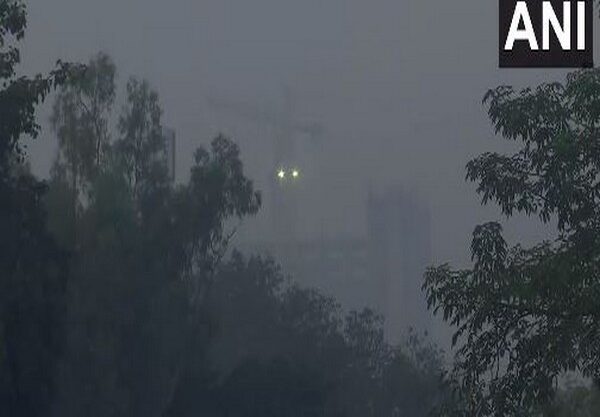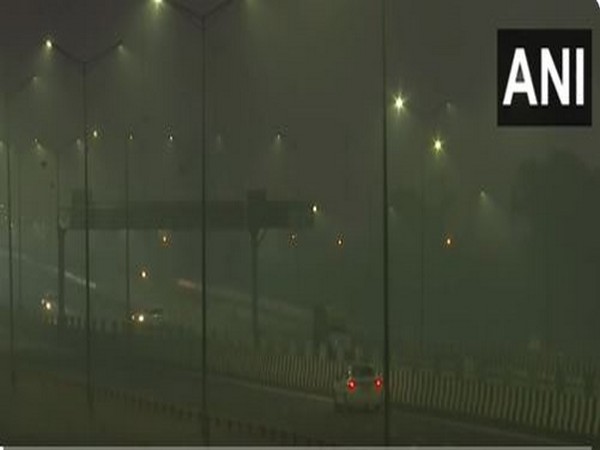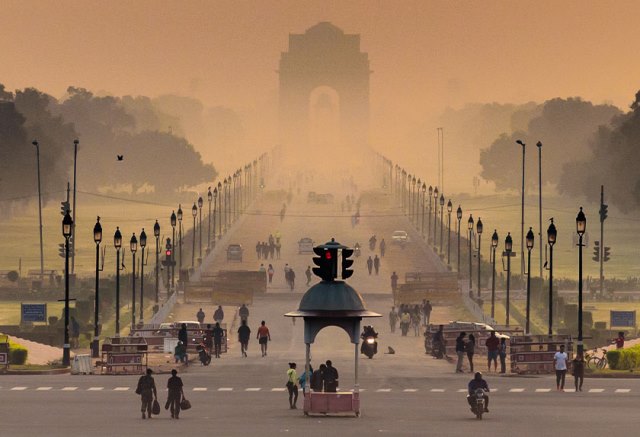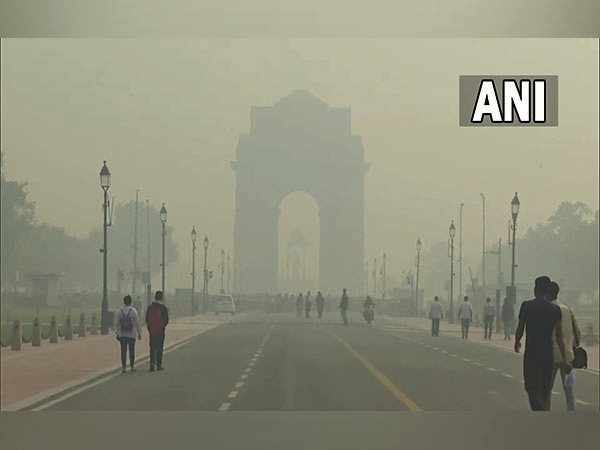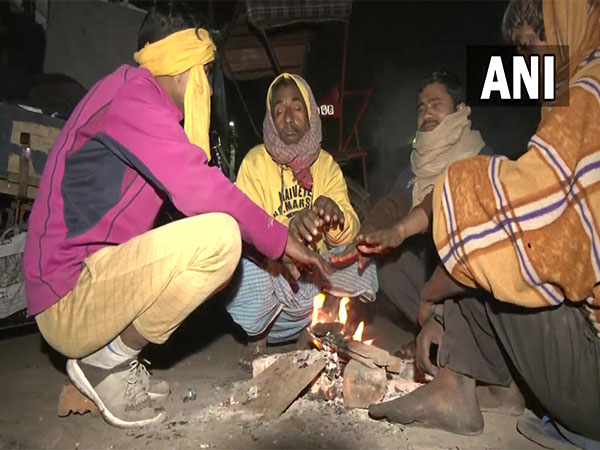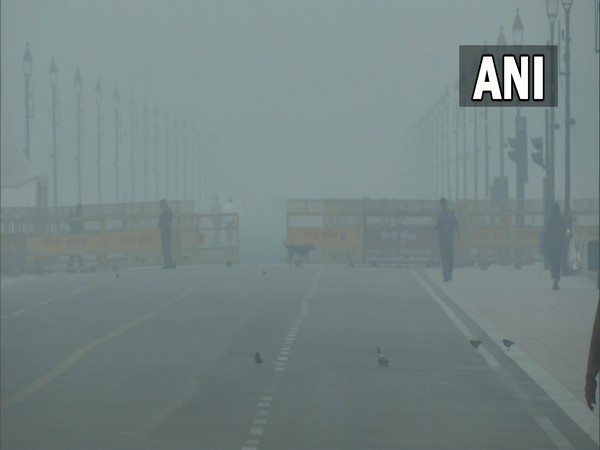The air quality in the National Capital continued to remaim in ‘poor’ category on Thursday.
The overall Air Quality Index (AQI) of Delhi, as per SAFAR-India (System of Air Quality and Weather Forecasting and Research), was recorded at 276 on Thursday morning.
On Wednesday, the AQI in the national capital, as per the data from the Central Pollution Control Board (CPCB), was in the ‘poor’ category at 286.
However, AQI in some areas of Delhi was recorded in the ‘very poor’ category on Thursday morning. As per the data from CPCB, the AQI at Anand Vihar stood at 348, in the ITO at 313, and in the Ashok Vihar area at 323 on Thursday at 8:00 a.m.
A cyclist from the city, Dev, while speaking to ANI, said, “The pollution level seems to be high now. Breathing gets difficult, visibility gets impacted and there is also a headache sometimes.”
Earlier, the AQI across Delhi improved from ‘very poor’ on Tuesday to ‘poor’ on Wednesday morning. As per the data from CPCB, the AQI at Anand Vihar stood at 291, in the IGI airport area at 279, in the ITO at 252, and in the Narela area at 283 on Wednesday.
Meanwhile, the India Meteorological Department (IMD) has predicted no rainfall in the National Capital till December 11. There will be clear skies with shallow to moderate fog in the morning across the city.
Delhi has been experiencing air quality in the range of ‘severe’ to ‘very poor’ over the last few weeks.
Delhi Environment Minister Gopal Rai said last week that Grap-3 has been lifted in the national capital but the government is trying to ensure that Grap-1 and 2 are strictly implemented.
“Due to the change in weather during the last two days, there has been a decline in pollution. The Commission for Air Quality Management has lifted the restrictions of Grap-3. The ban on BS-3 petrol and BS-4 diesel vehicles and the ban on construction demolition have been lifted,” Gopal Rai said.
“GRAP 3 is imposed when AQI is 400, but it continued despite low AQI because fluctuations were visible in AQI after Diwali. If the wind speed slows down, AQI may increase again, hence GRAP-1 and GRAP-2 should be strictly implemented. For this, directions are being given to all the departments again,” he added.
The air quality index from 0 to 100 is considered ‘good’, 100 to 200 ‘moderate’, 200 to 300 ‘poor’, 300 to 400 ‘very poor’ and from 400 to 500 or above ‘severe’. (ANI)
For more details visit us: https://lokmarg.com/
